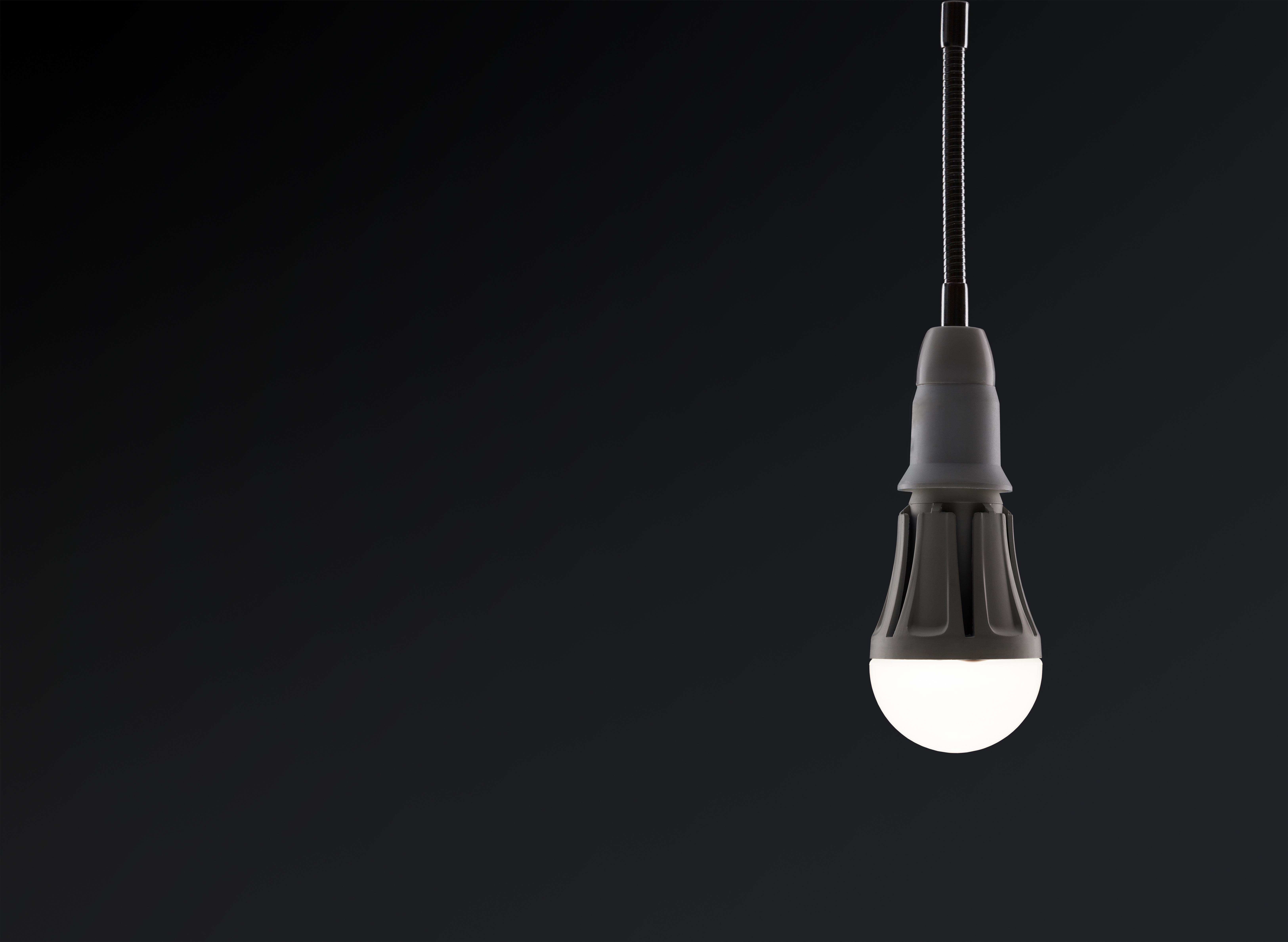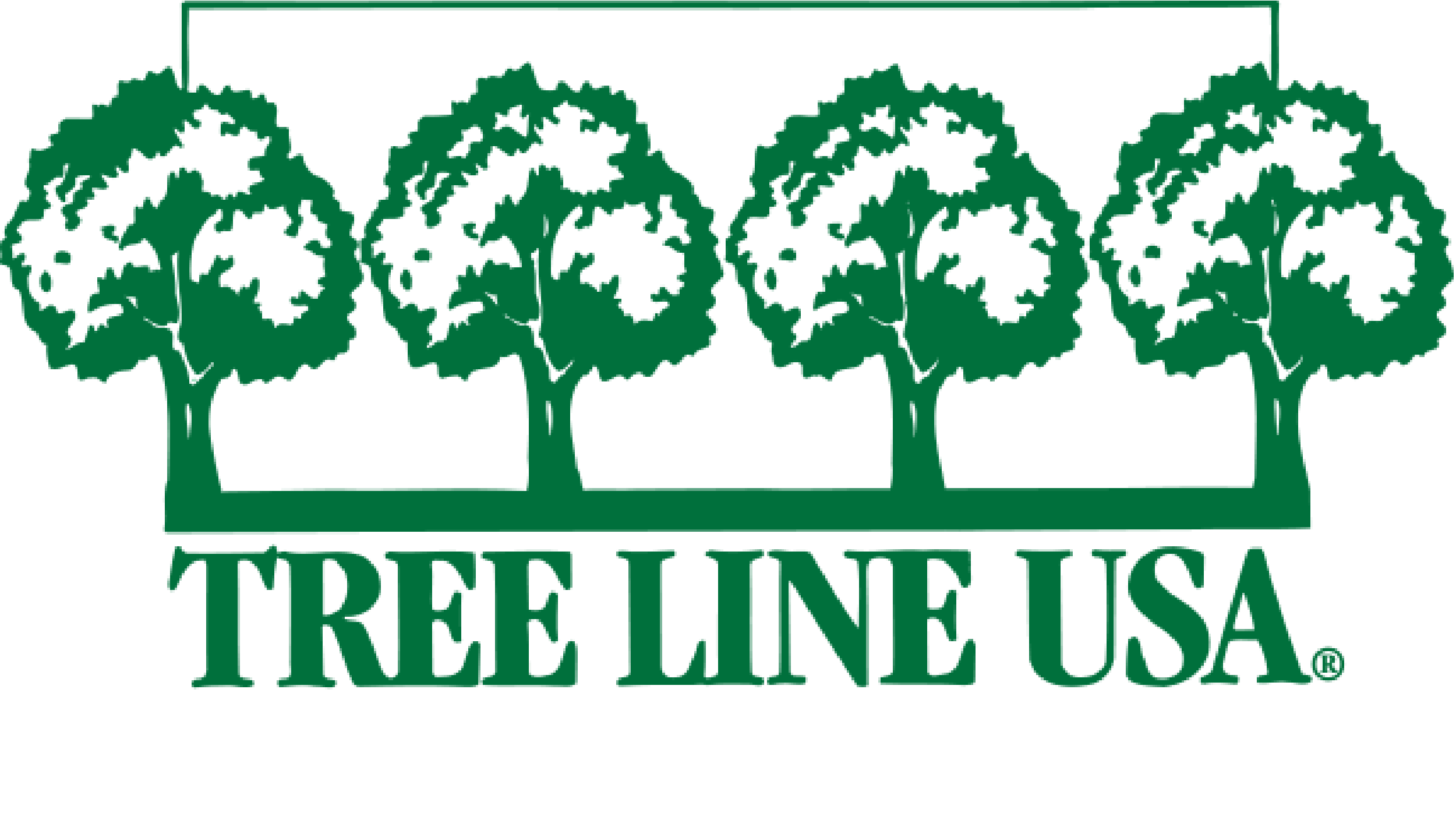Energy Efficiency Tips
Year-round
- Turn off your water heater when you will be away for more than a few days.
- Insulate the first 5" of pipes going into and out of your water heater.
- Wash full loads of clothes in the coldest water possible.
- Turn off all lights when you leave the room.
- Unplug electronics when not in use.
- Use power strips for multiple appliances and turn off the main switch when you’re away from home.
- Seal air leaks with caulk or weather stripping.
- Seal any gaps in floors and walls around pipes and electrical wiring.
- Add insulation to your attic, crawl space and any accessible exterior walls.
- Replace your air filter each month. Consider NGEMC’s Filter Easy program or install filter whistles as reminders.
- Replace incandescent bulbs with LED’s.
- Look for the ENERGY STAR® label when replacing appliances and electronics.
- Install gasket insulators behind light switch and outlet plate along the exterior walls of your house.
- Install low flow faucets and shower heads of water aerators on existing fixtures.
- More tips are available at www.energy.gov.
Summer
- Set the thermostat to the highest comfortable temperature. Increase the temperature when you’re away.
- Keep air vents and return gills clean and clear of obstructions such as wall hangings or furniture. Ensure all vents are open for proper HVAC operation.
- Set ceiling fans to push air downward (in a counter clockwise motion). The reverse setting is intended to distribute heat evenly in the winter. Fans allow you to raise your thermostat by 4 degrees without affecting comfort. (Turn the fan off when you leave the room.)
- Cook outside on the grill or use small kitchen appliances that produce less heat than your oven.
- Wait until later in the evening to begin your laundry to reduce heat buildup from your dryer in the afternoon.
- Take advantage of the heat you do build in these appliances by cooking multiple dishes at once in your oven and drying loads of clothes one right after the other.
- Close the shades during the day to reduce heat from sunshine.
- Use energy efficient window treatments to block sunlight and heat from outdoors.
- Have your HVAC or air conditioning unit inspected and recharged as needed.
Winter
- Seal air leaks and insulate well to prevent heat from escaping and cold air from entering your home.
- Set your thermostat at 68 degrees or lower if possible and monitor your emergency heat setting. If you have an electric heat pump, your emergency heat (auxiliary resistance heat) is more likely to run when the temperature outside is below freezing.
- Open blinds and curtains during the day to allow sunlight in to warm your home.
- Close blinds and curtains at night to keep cold, drafty air out.
- Wear warm, multiple layers of clothing and set your thermostat as low as possible. If you need to raise the temperature in your home, do not increase your thermostat setting more than two degrees at a time to help prevent the resistance heat from activating.
- Lower your water heater temperature. The Department of Energy recommends using the warm setting (120 degrees) during fall and winter months.
- Seal and insulate heating system ductwork and repair ductwork air leaks.
- Wrap your water heater with insulation or an insulating blanket.
- During the day, open curtains or drapes on south-facing windows to enable sunlight to heat your home naturally. Close curtains or drapes at night for an added layer of window insulation.
- Install an ENERGY STAR® programmable thermostat appropriate for your type of heating system and set it at 68 degrees for heating.
- Schedule a service appointment for your heating system to ensure it is operating at an optimal level.
Resources from NGEMC
Energy usage alerts
Sign up for NGEMC’s energy usage alerts and receive a message whenever you reach a certain price point or usage level.
Levelized billing
Available to members who have been in good standing at the same address for at least one year, this program makes your bill more consistent and predictable by utilizing a 12 month rolling average.
Complimentary inspections
If there is a spike in your energy usage, or if you have any questions about your past usage, our Energy Services team is here to help you understand how your home consumes energy and can even provide a complimentary site inspection for electric appliances, insulation and air sealing.


